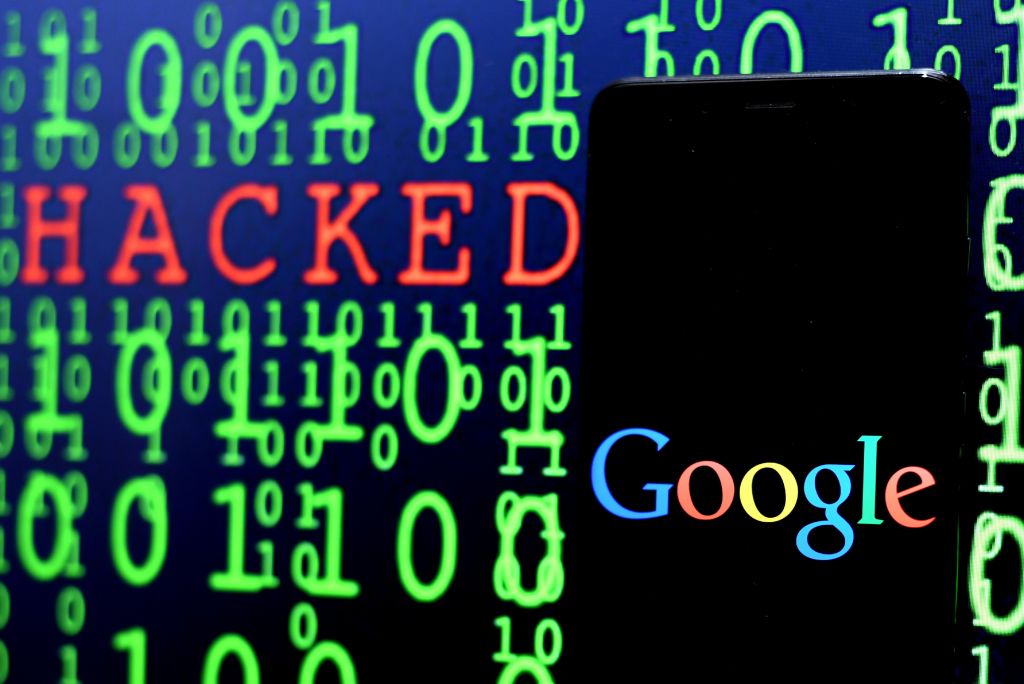Unknown hackers have been exploiting four Android vulnerabilities that allow the execution of malicious code that can take complete control of devices, Google warned on Wednesday.
All four of the vulnerabilities were disclosed two weeks ago in Google’s Android Security Bulletin for May. Google has released security updates to device manufacturers, who are then responsible for distributing the patches to users.
Google’s May 3 bulletin initially didn’t report that any of the roughly 50 vulnerabilities it covered were under active exploitation. On Wednesday, Google updated the advisory to say that there are “indications” that four of the vulnerabilities “may be under limited, targeted exploitation.” Maddie Stone, a member of Google’s Project Zero exploit research group, removed the ambiguity. She declared on Twitter that the “4 vulns were exploited in-the-wild” as zero-days.
Android has updated the May security with notes that 4 vulns were exploited in-the-wild.
— Maddie Stone (@maddiestone) May 19, 2021
Qualcomm GPU: CVE-2021-1905, CVE-2021-1906
ARM Mali GPU: CVE-2021-28663, CVE-2021-28664https://t.co/mT8vE2Us74
Complete control
Successful exploits of the vulnerabilities “would give complete control of the victim’s mobile endpoint,” Asaf Peleg, vice president of strategic projects for security firm Zimperium, said in an email. “From elevating privileges beyond what is available by default to executing code outside of the current process’s existing sandbox, the device would be fully compromised, and no data would be safe.”
So far, there have been four Android zero-day vulnerabilities disclosed this year, compared with one for all of 2020, according to figures from Zimperium.
Two of the vulnerabilities are in Qualcomm’s Snapdragon CPU, which powers the majority of Android devices in the US and a massive number of handsets overseas. CVE-2021-1905, as the first vulnerability is tracked, is a memory-corruption flaw that allows attackers to execute malicious code with unfettered root privileges. The vulnerability is classified as severe, with a rating of 7.8 out of 10.


 Loading comments...
Loading comments...
